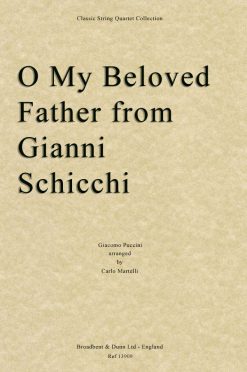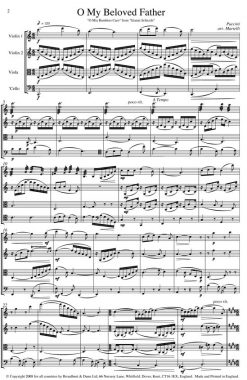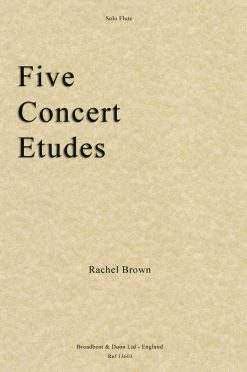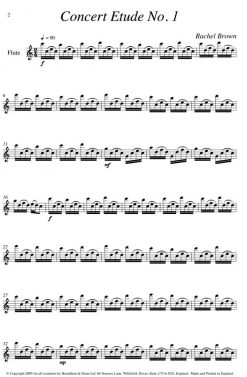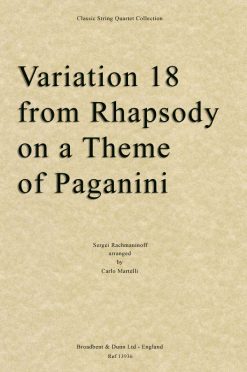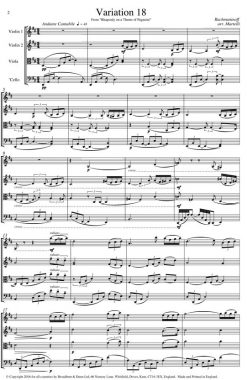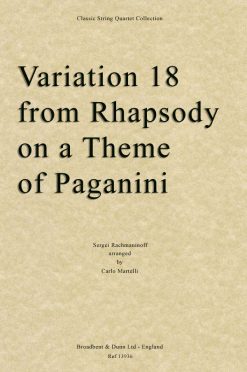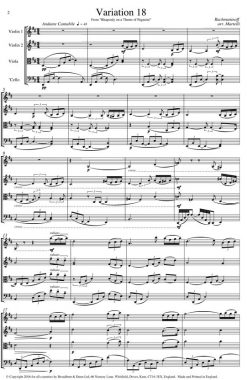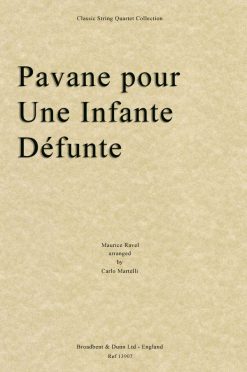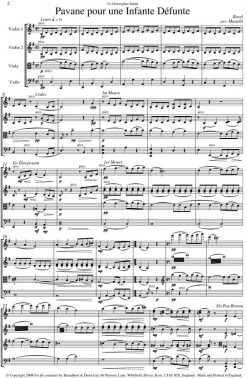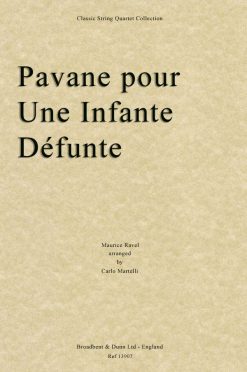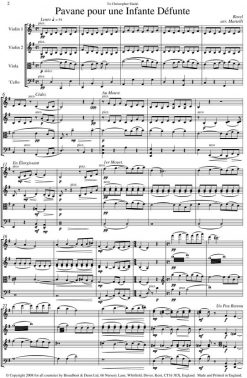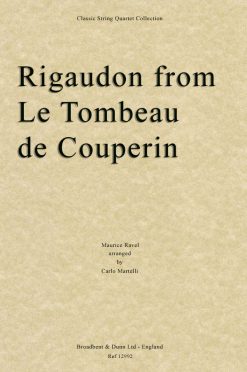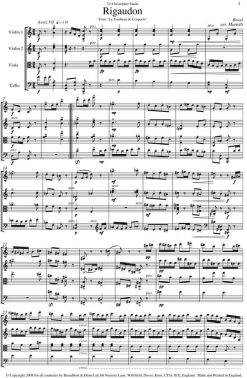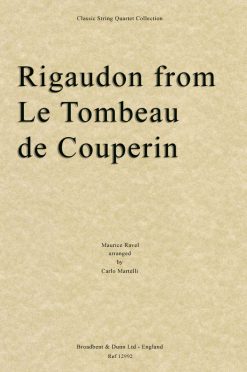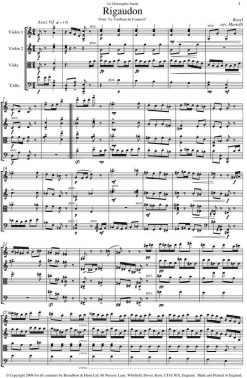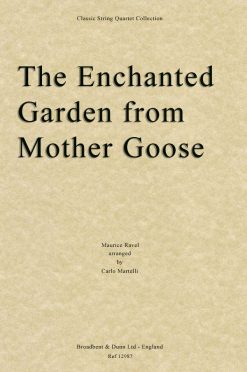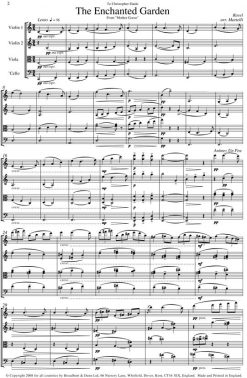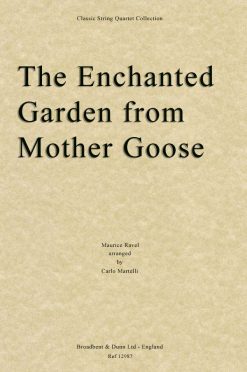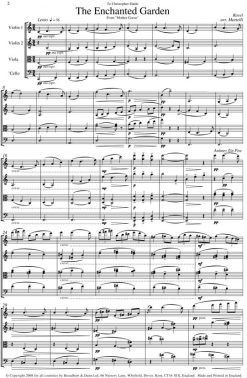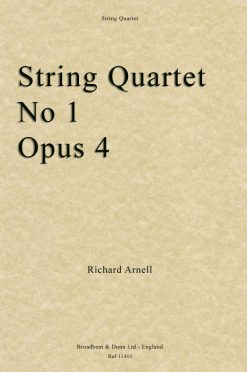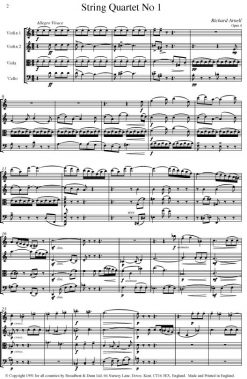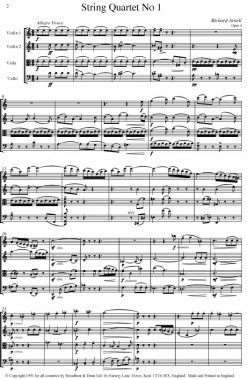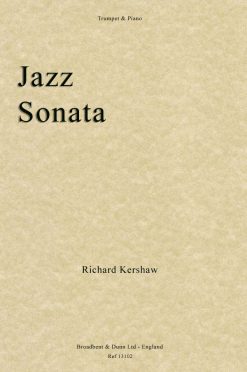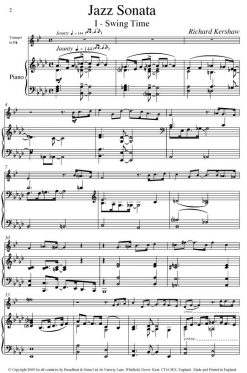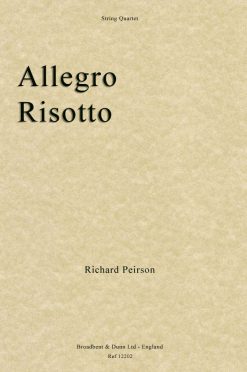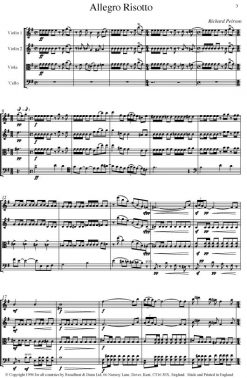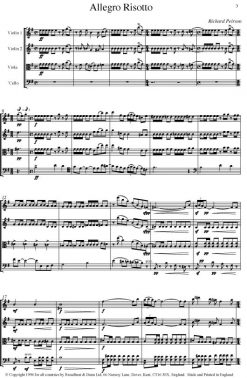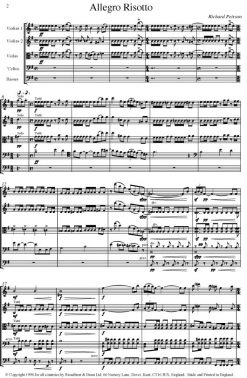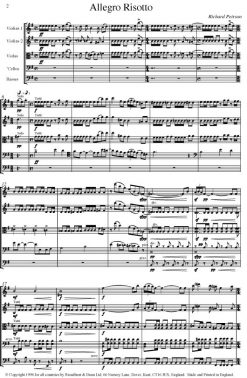Puccini, Giacomo
Puccini – O My Beloved Father from Gianni Schicchi (String Quartet Score) – Score Digital Download
Rachmaninoff, Sergei
Rachmaninoff – Variation 18 from Rhapsody on a Theme of Paganini (String Quartet Parts)
Rachmaninoff, Sergei
Rachmaninoff, Sergei
Rachmaninoff – Variation 18 from Rhapsody on a Theme of Paganini (String Quartet Score)
Rachmaninoff, Sergei
Ravel, Maurice
Ravel – Pavane pour une Infante Défunte (String Quartet Parts) – Parts Digital Download
Ravel, Maurice
Ravel – Pavane pour une Infante Défunte (String Quartet Score) – Score Digital Download
Ravel, Maurice
Ravel – Rigaudon from Le Tombeau de Couperin (String Quartet Parts) – Parts Digital Download
Ravel, Maurice
Ravel – Rigaudon from Le Tombeau de Couperin (String Quartet Score) – Score Digital Download
Ravel, Maurice
Ravel – The Enchanted Garden from Mother Goose (String Quartet Parts) – Parts Digital Download
Ravel, Maurice
Ravel – The Enchanted Garden from Mother Goose (String Quartet Score) – Score Digital Download
String Quartet
Trumpet & Piano
As the title suggests 'Jazz Sonata' combines features of both classical and jazz music. The first movement is 'Swing', the second movement bluesy and the third movement Latin - but all are set in more conventional classical forms, respectively Sonata form, Ternary and Rondo.
As the title suggests 'Jazz Sonata' combines features of both classical and jazz music. The first movement is 'Swing', the second movement bluesy and the third movement Latin - but all are set in more conventional classical forms, respectively Sonata form, Ternary and Rondo.
String Quartet
String Orchestra
Richard Peirson – Allegro Risotto for String Orchestra – Double Bass Digital Download

